
The Attorney General and Minister for Justice, Dr Dominic Akuritinga Ayine, has categorically dismissed claims that President John Dramani Mahama influenced his decision to discontinue certain criminal prosecutions.
Addressing a news conference in Accra yesterday, Dr. Ayine stated unequivocally that all decisions regarding nolle prosequi and charge withdrawals were made independently, based on legal merit and constitutional principles.
“I am not under any instructions or pressure to discontinue any case or to bring charges against one. Those who are in a haste to tag the President as a clearing agent should hasten slowly, because he is not responsible for prosecutions and has not directed me to drop any case,” he stated.
This assertion comes in the wake of public scrutiny surrounding his decision to terminate several high-profile cases initiated by his predecessors, Gloria Akuffo and Godfred Yeboah Dame. Among the cases are Republic v. Ato Forson & Another; Republic v. Ofosu Ampofo & Another; Republic v. Collins Dauda & Others; and Republic v. Stephen Opuni & Another; – all of which involved individuals linked to the National Democratic Congress (NDC).
Dr. Ayine emphasised that while traditionally the Attorney General is not obliged to provide explanations for entering a nolle prosequi or terminating prosecutions, his decision to be transparent aligns with Ghana’s constitutional architecture.
Citing Justice Pwamang’s concurring opinion in Gregory Afoko vrs Attorney General, he argued that prosecutorial decisions must be subject to public scrutiny.
“The decision to prosecute and to terminate prosecution of suspected offenders is a matter of immense public interest,” he quoted from the ruling.
“Furthermore, it affects the rights of the suspected offenders who may be compelled to suffer the indignation of prosecution when there is seriously no point in mounting prosecution on the facts of the case.”
The Attorney General outlined three primary reasons for discontinuing some of the cases:
- Ethical and Professional Conflict: He had previously been involved as a defense lawyer in cases like Republic v. Ato Forson, and Republic v. Ofosu Ampofo, making it unethical for him to now prosecute them.
- Defective Charges and Lack of Evidence: Some charges were legally flawed or lacked a factual basis for conviction.
- Reasonable Doubt Favouring the Accused: In some cases, evidence presented in court did not sufficiently establish guilt beyond a reasonable doubt.
Dr. Ayine disclosed that he had actively worked as a lawyer on cases involving Dr. Cassiel Ato Forson and Samuel Ofosu Ampofo and that it would be unethical for him to continue their prosecution now as Attorney General.
“As a team, we discussed our case strategy in chambers and I was involved in reviewing legal arguments and in some instances authoring some of the arguments that we filed,” he admitted.
He maintained that Dr. Ato Forson, a former Deputy Minister of Finance, was subjected to a politically motivated trial and that his view was affirmed by the Court of Appeal, which found that the trial court erred in compelling the accused to mount a defense.
“No new evidence has been presented to me upon assumption of office as Attorney General to cause me to abandon my professional convictions,” he asserted.
He also criticised the former Attorney General, Godfred Dame, for interfering with a key witness in the Ato Forson case, describing it as “disgraceful and unethical conduct” that should have led to a mistrial in any decent democracy.
Dr. Ayine detailed how some cases were filed based on flawed reasoning. For instance, in Republic v. Collins Dauda & Others, the charge against the former Minister of Works and Housing alleged the misapplication of $200 million meant for the Saglemi Housing Project. However, the charge failed to account for the fact that physical structures had been built with those funds.
“The value of that built environment is, in my considered opinion, a key determinant of how much of the total sum was allegedly misapplied by the Honourable Collins Dauda,” he explained.
Additionally, the prosecution did not consider subsequent payments authorised by other Ministers after Collins Dauda had left office, including $5 million approved by Samuel Atta Akyea in 2017.
Dr. Ayine argued that some cases had fatal evidentiary flaws, making continued prosecution a waste of state resources.
For example, in Republic v. Stephen Opuni & Another, the case was based on the claim that Lithovit Fertilizer, procured for COCOBOD, was ineffective and caused financial loss to the state. However, no farmers were called by the prosecution to prove this claim. Instead, official COCOBOD reports showed that farmers preferred Lithovit Fertilizer and that its use increased yields.
“During the course of their investigations, the investigators had two reports from the Ghana Standards Authority on Lithovit fertilizer,” Dr. Ayine revealed.
“The first report claimed it was ineffective, but a second, more credible test confirmed that the fertilizer was efficacious.”
He also pointed out that Dr. Adu Ampomah, a key prosecution witness, committed perjury in an attempt to incriminate Dr. Opuni.
“In a criminal trial, it is important to hold the scale of justice evenly and any doubt raised must inure to the benefit of the accused,” he stated.
Dr. Ayine further raised concerns about judicial bias, arguing that some judges acted in ways that undermined the fair trial rights of the accused.
He singled out Justice Honyenuga, accusing him of expunging exculpatory evidence from the Opuni case before ruling that the accused had a case to answer.
He also referenced the controversial transfer of Justice Anokye Gyimah, who had initially ruled for a fresh trial (de novo) in the Opuni case, only for a new judge to adopt previous proceedings – a move that raised suspicion of executive interference.
“When Justice Honyenuga single-handedly expunged otherwise exculpatory evidence from the record in the Opuni case, he directly undermined the fair trial rights of the accused persons,” Dr. Ayine lamented.
Additionally, he raised concerns over judicial promotions that coincided with trials of political figures, suggesting they could be perceived as inducements to secure convictions. Dr. Ayine concluded by reiterating that his decisions were made independently and lawfully.
“I take absolute responsibility for all the decisions taken so far. Moreover, with the exception of one charge of bribery in the Opuni matter, none of the persons affected by my decisions so far has looted state resources,” he remarked.
He urged the public to recognise the difference between causing financial loss to the state and engaging in bribery or corruption, arguing that it would be defamatory to label the accused as looters.
The post Mahama Hasn’t Directed Me To Drop Any Case -AG appeared first on The Ghanaian Chronicle.
Read Full Story
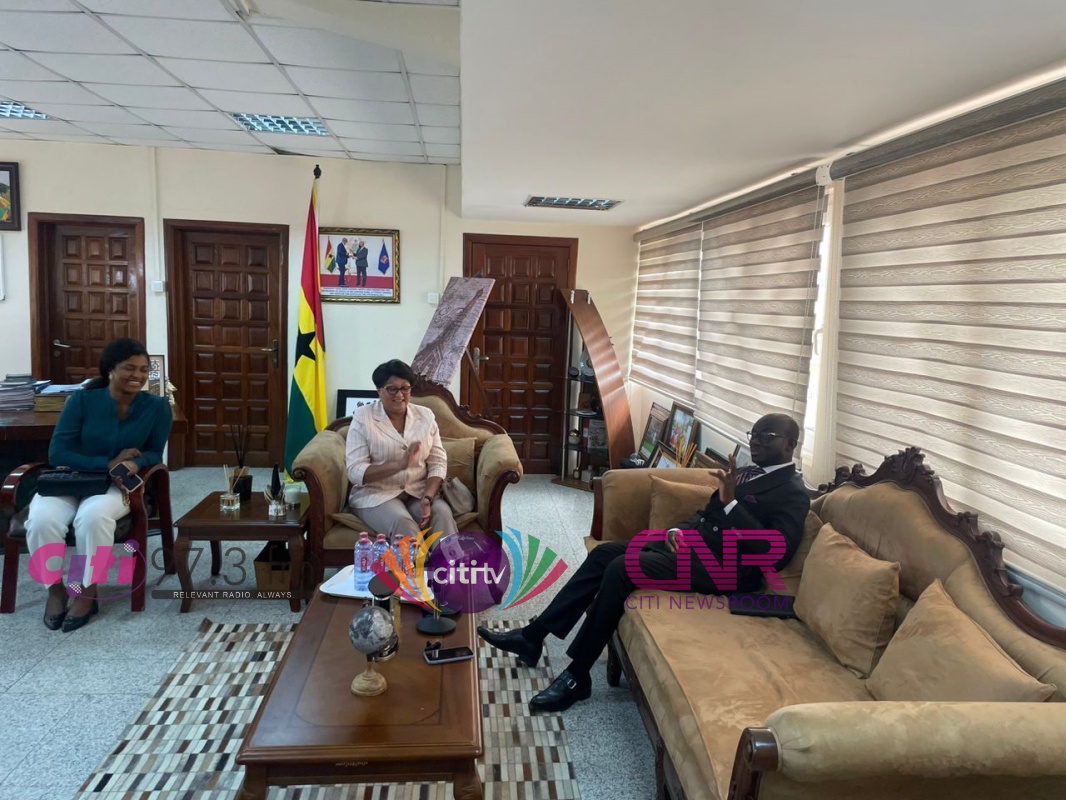

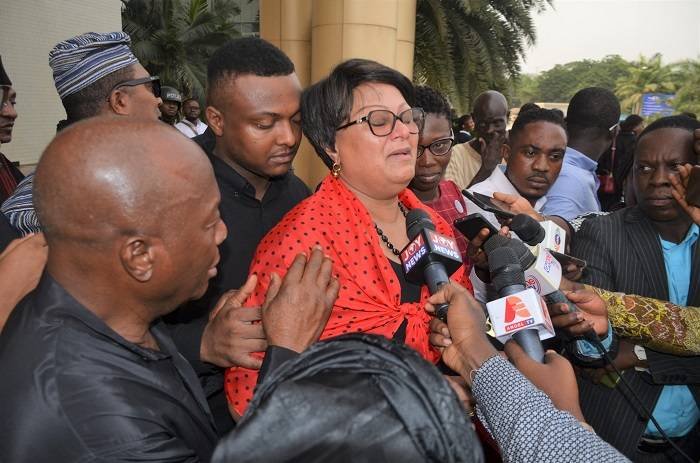





![[Video] Heartbroken husband of nurse who burnt to death inconsolable at funeral](https://sportal365images.com/process/smp-images-production/pulse.com.gh/16022025/16d8d3d4-b4c7-49b0-8b05-9608091145c1.jpg)
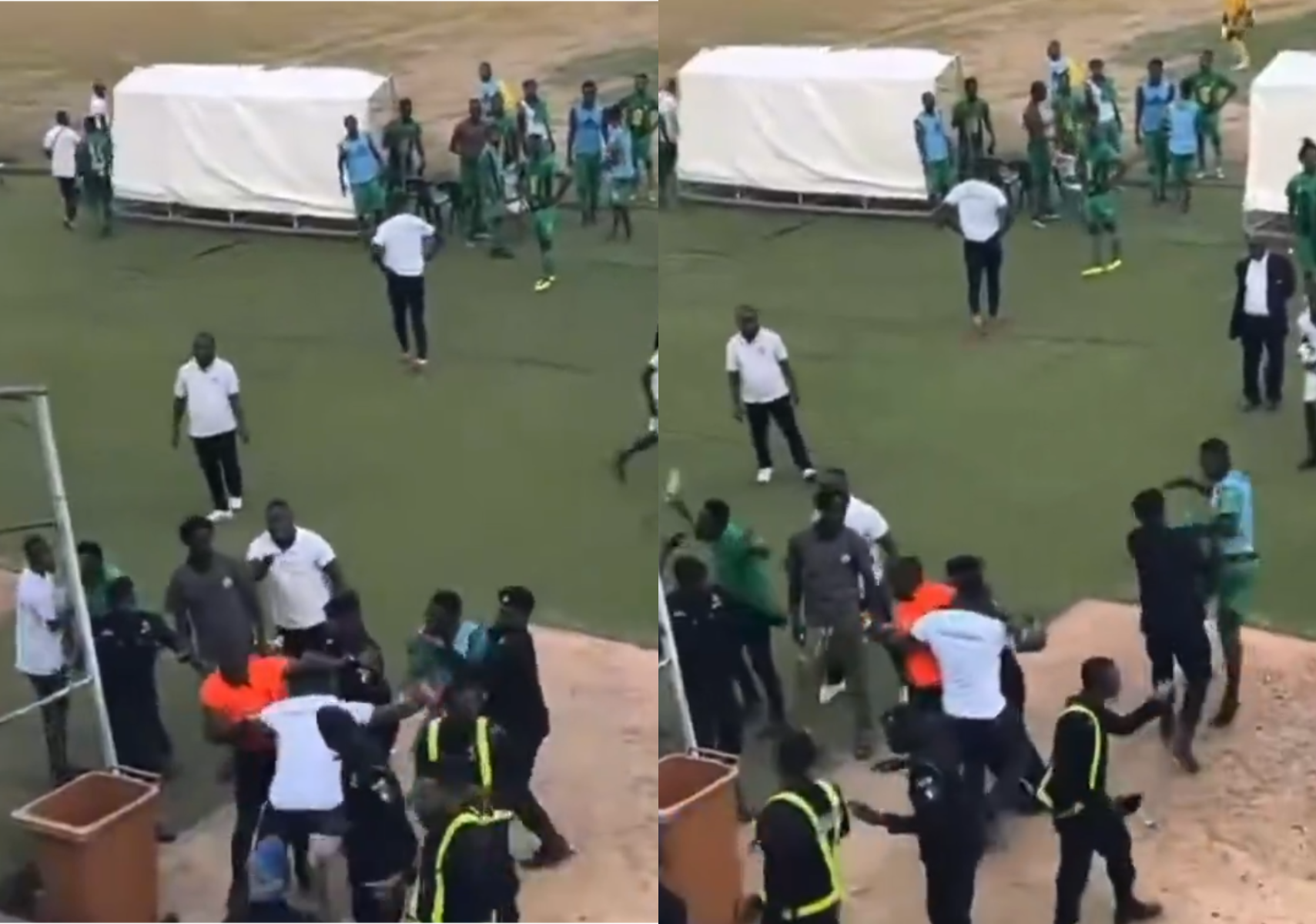
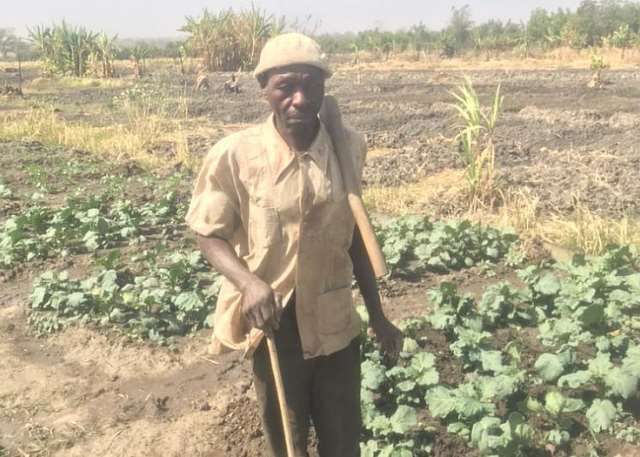

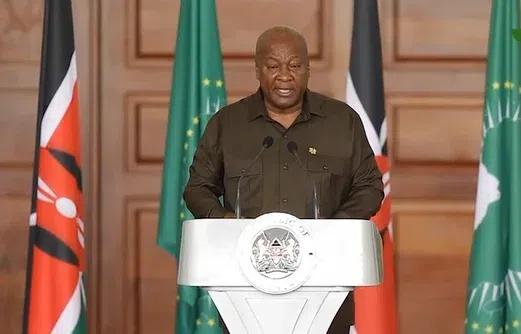
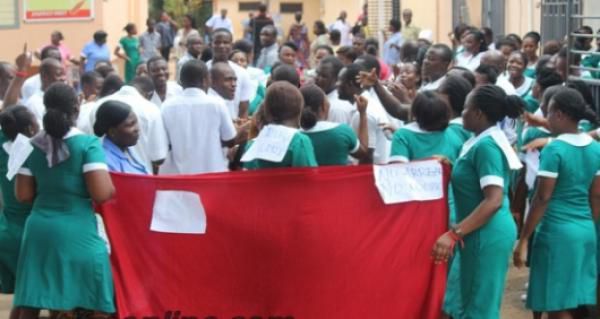


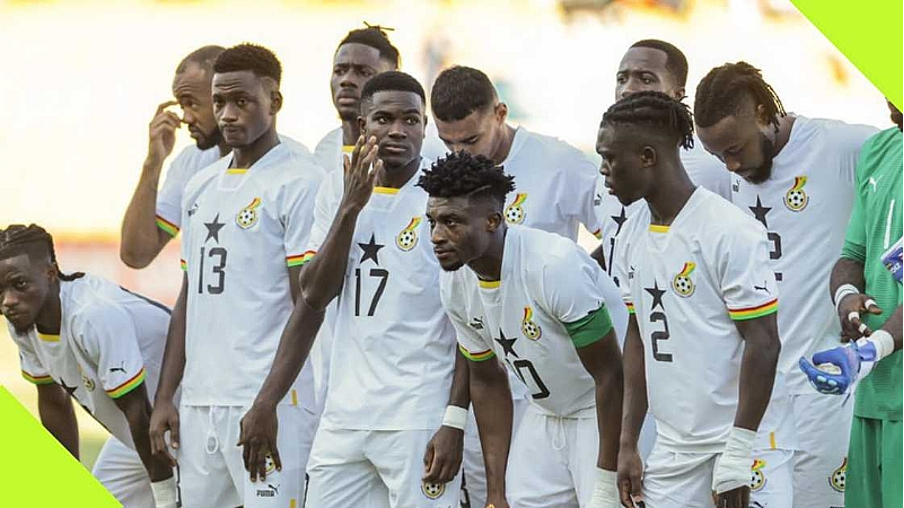

Facebook
Twitter
Pinterest
Instagram
Google+
YouTube
LinkedIn
RSS